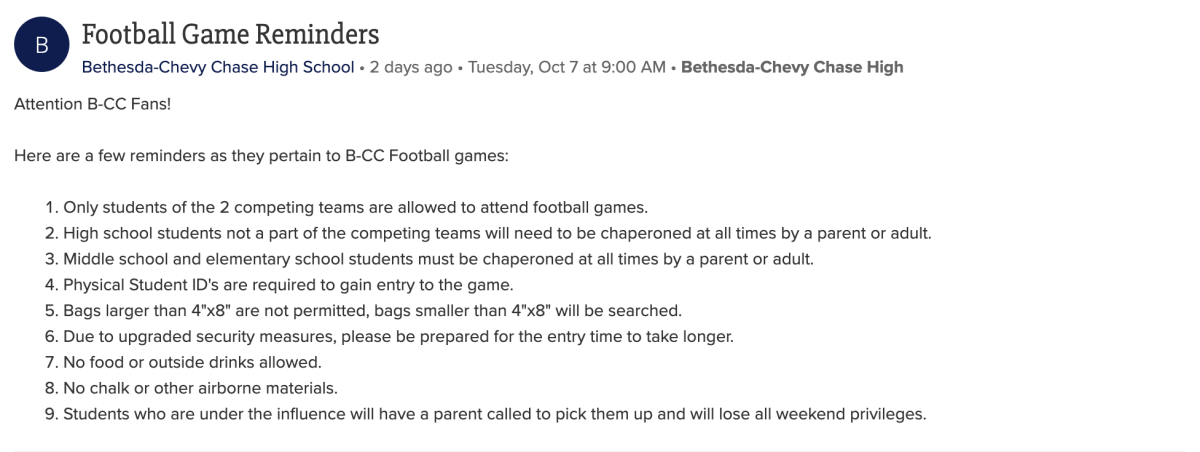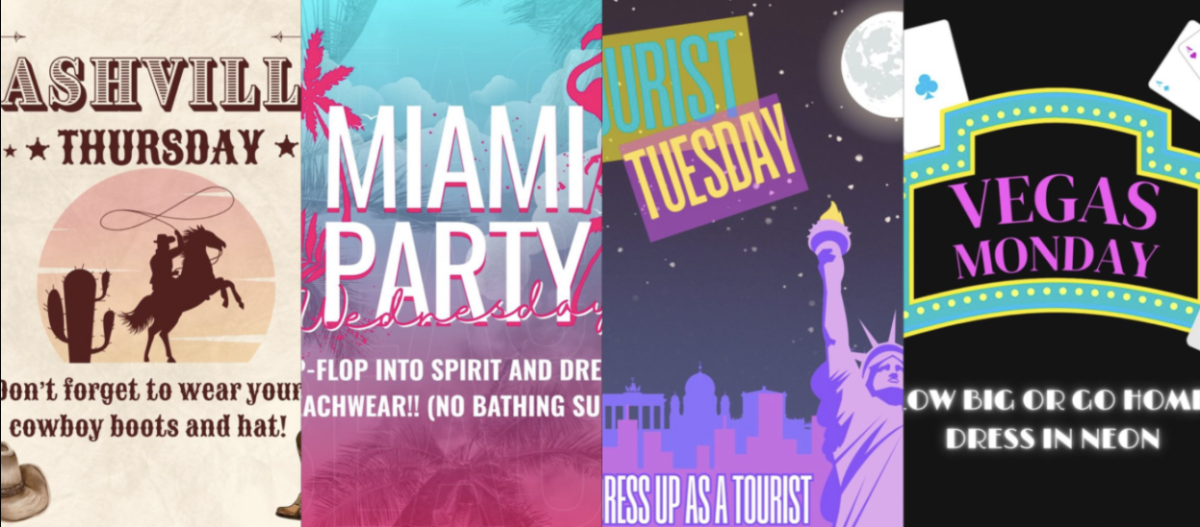Being an avid gossiper is something that is usually frowned upon. Take the show Gossip Girl, for example. The plot of the show is based on an anonymous, omniscient blogger who shares text-messaged scandals with the entire school. Their identity remains unknown, and they continue to negatively stir the pot. While there isn’t someone like this at school, there is still information that gets around in the blink of an eye. Cambridge Dictionary defines gossip as “conversation or reports about other people’s private lives that might be unkind, disapproving, or not true.”
According to a study published by the NIH, “Gossip accounts for 65% percent of people’s conversation time and is common in various work settings.” This is usually regarded as something with negative connotations, but now, there is a recent study published on February 20, 2024, that found that gossip can be a good thing. According to studies from the University of Maryland and the Stanford Business School, just one hour per day of gossiping, on average, can have evident social benefits, including determining who to trust and who not to trust, creating bonds, and fostering cooperation.
Emily Nunez of Maryland Today, a newsletter produced by the Office of Marketing and Communications at UMD, compiled an article about the study. Firstly, co-author Dr. Dana Nau, a retired professor in UMD’s Department of Computer Science and Institute for Systems Research, expressed, “When people are interested in knowing if someone is a good person to interact with, if they can get information from gossiping — assuming the information is honest — that can be a very useful thing to have.”
These researchers’ detailed and extensive paper does not encompass the full scope of human complexity nor can it ever replace behavioral studies. People are complicated. The human brain is the most complex organ ever created. Dr. Michele Gelfand, a professor at the Stanford Business School and a professor emeritus in UMD’s Department of Psychology, remarked, “This has been a real puzzle. It’s unclear why gossiping, which requires considerable time and energy, evolved as an adaptive strategy at all.”
With this, there is one thing to note, however: they say that gossip is only helpful if it’s true. Gossip can validate our emotions, and we feel like we have prized information that others will find valuable simply because we are social creatures and are drawn to each other. The biggest misconception is that gossip is always a negative thing. When you Google “gossip synonyms”, the words “rumor” and “scandal” pop up.
There is no denying that there is a difference between discussing something you have personally experienced versus spreading rumors and making things up. It’s easy to get these two confused, but the study’s first author, Xinyue Pan, stressed that the information gossipers share can be complimentary. In the words of Pan, “Positive and negative gossip are both important because gossip plays an important role in people’s reputations.”













































